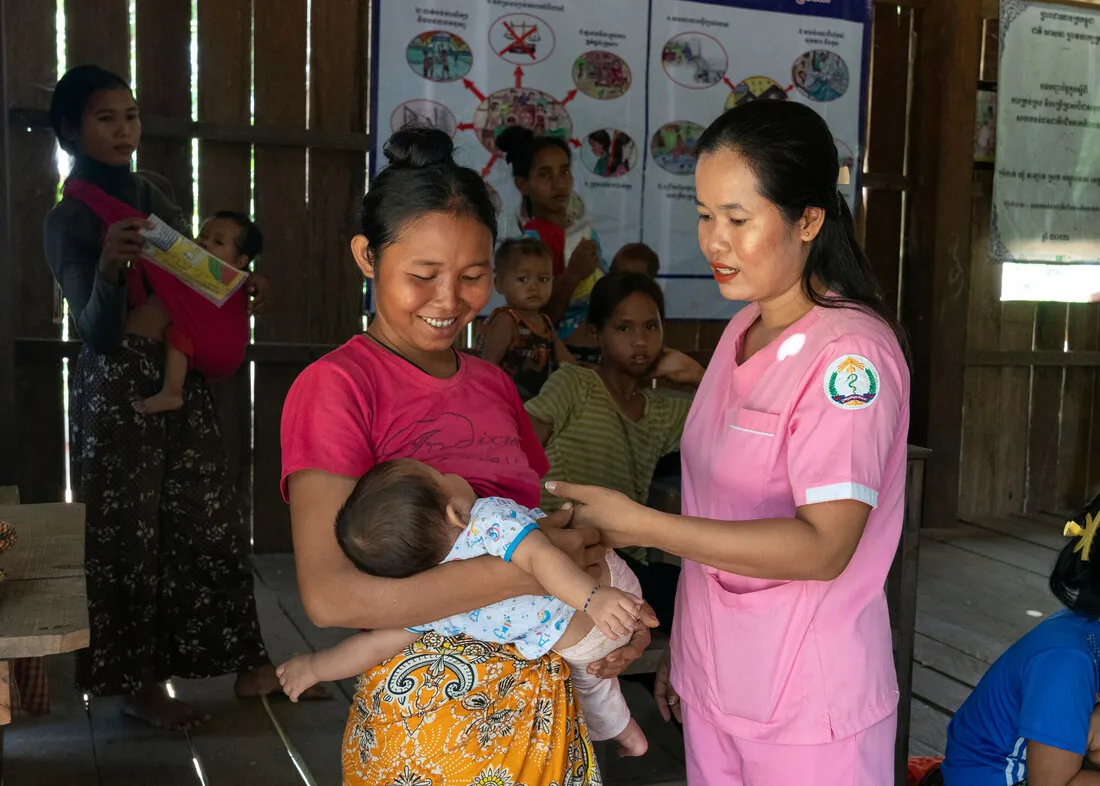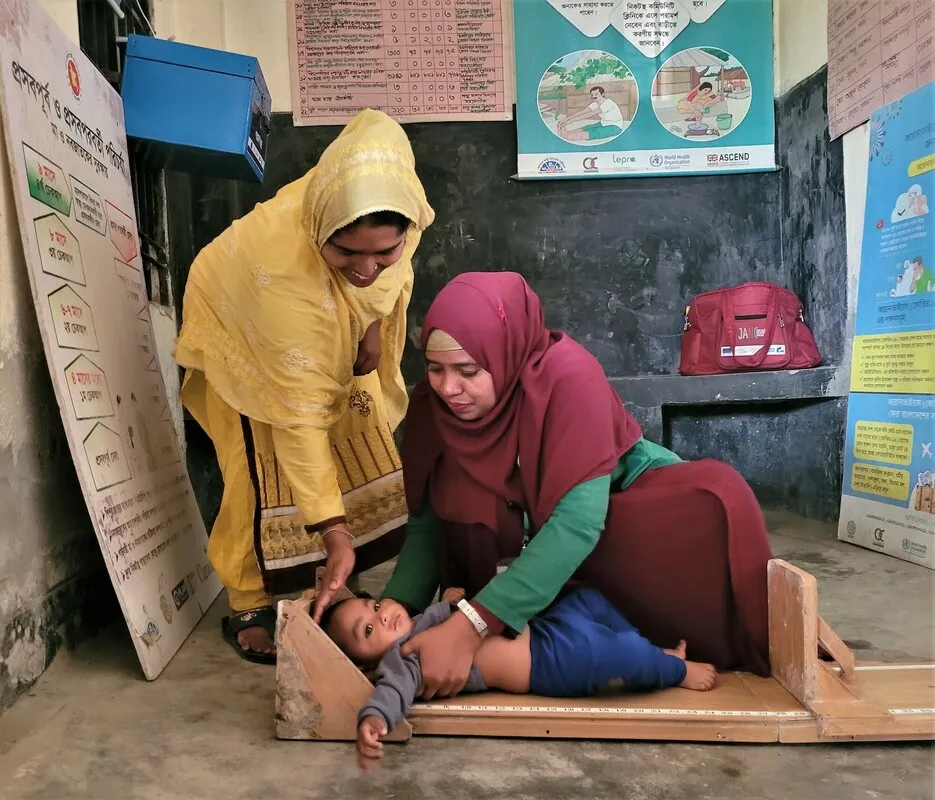Why now?
The World Health Organization (WHO) estimates that by 2030, we will have 10 million fewer health workers than the world needs. This comes after the COVID-19 pandemic laid bare monumental gaps in the health workforce and global health needs during health crises.



